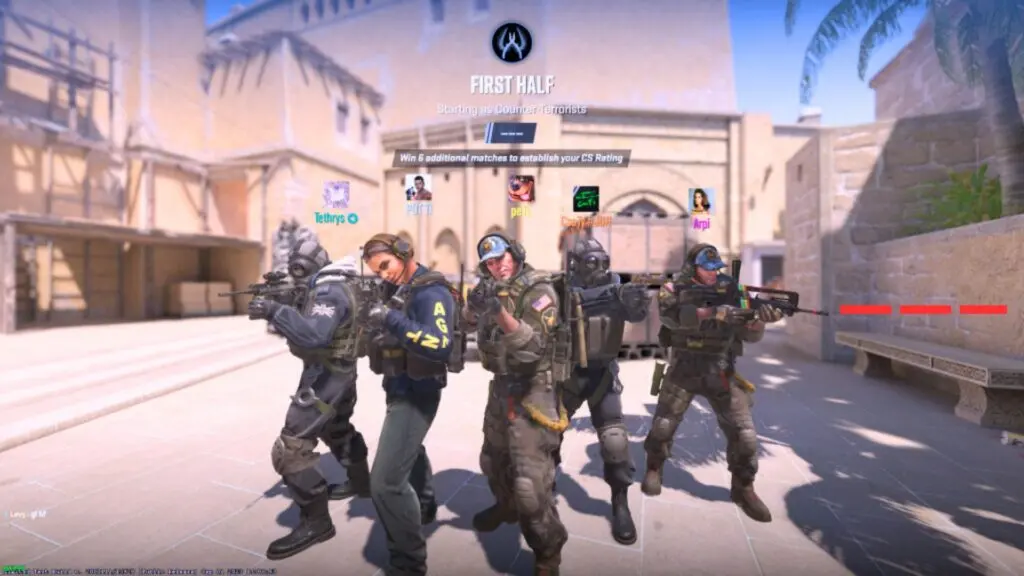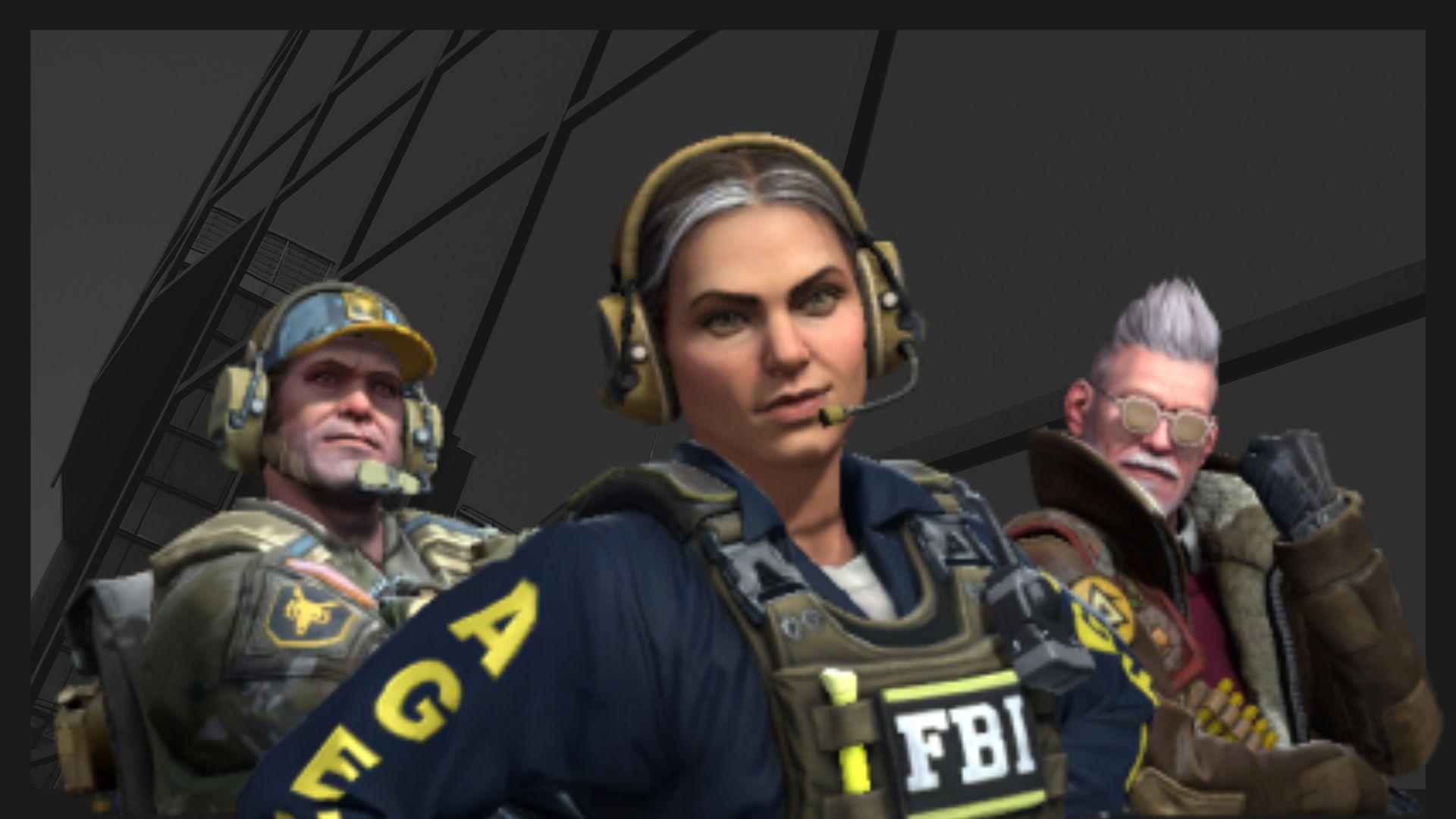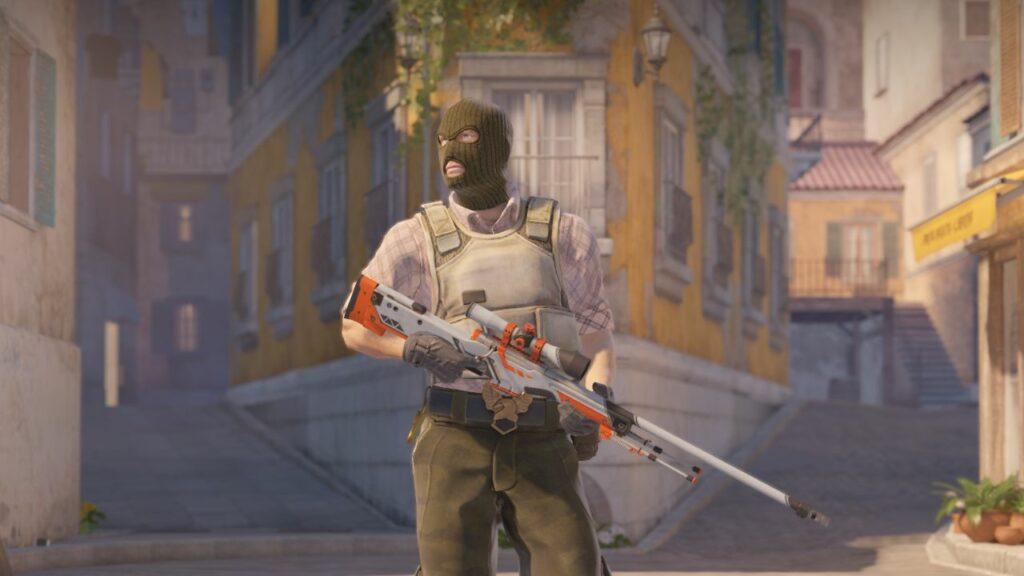
Valve will now punish cheaters and their friends in CS2
Did you ever find it annoying that a cheater could boost a clean friend and get away with a ban on a Smurf account? That may not happen in CS2, thanks to the “associate penalty.”
Cheating is a pest, but cheaters who boost their friends are the worst of them all. Players often would activate third-party software on spare accounts to boost their friends and get away with a slap on the wrist. The act had become increasingly common in CSGO, where creating a new account is EZ. This would lead to unskilled players in higher ranks boosted by their cheating associates.
Valve may have found a solution for this issue but has yet to elaborate more. The developer has subtly mentioned penalties for cheater’s associates in the recent release notes, but it’s still a vague idea. The lengthy notes included a short message warning cheaters and their friends.
“When one or more party members get convicted of cheating and permanently banned, all their associates will be penalized with the loss of Profile Rank and CS Rating,” Valve said.
Valve delivers a severe warning to CS2 cheaters

It’s tough to explain the warning and define associates, but Valve seems to be taking boosting through cheating seriously. In CS2, banned cheaters won’t suffer alone — their associates and supporters will also bear the consequences.
It’s unknown what the term “associates” implies, but it likely points to allegedly clean players who regularly queue with banned cheaters. The game may browse the past history of a cheater and roll out penalties for those who regularly associated with the banned player.
But, it could also result in many false bans since not all players can tell the difference between a serial cheater and someone who’s just good at the game.
Valve has yet to explain the implications of this new rule against cheaters in CS2, which sounds promising for the health of game integrity.
Recommended

s1mple is offering lessons to help you get good at CS2
Have you dreamed of playing like s1mple?

Recent CS2 ban wave punishes cheaters during live games
Valve is banning players in bulks.

Players hopeful after Valve adds Overwatch to expose CS2 cheaters
Only “trusted” players will be Overwatch investigators.





